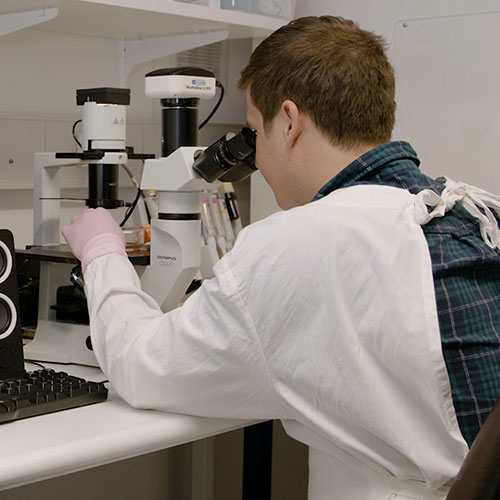Molecular Profiling Improves Diagnosis for Children with High Risk Cancers
Posted on 03 Jun 2024
Cancer remains the leading cause of disease-related death among children in most developed nations, and approximately one-fourth of these patients are diagnosed with aggressive, high-risk, or relapsed cancers, facing a dismal five-year survival rate of under 30%. Diagnosing these conditions accurately can be challenging, and even survivors often endure lifelong side effects from the harsh treatments required for their recovery. Now, researchers have demonstrated that through precision medicine, not only can diagnoses be more accurate, but implementing precision-guided, targeted treatments earlier can also enhance the two-year progression-free survival rates for young cancer patients.
The Zero Childhood Cancer National Precision Medicine Program (ZERO) (Randwick, Australia), initially aimed at children with high-risk cancers, now includes all young cancer patients in Australia. Since its inception in 2017, the program has enrolled over 1,600 children. ZERO’s inaugural clinical trial, which ran from 2017 to 2022, yielded insights into genetic predispositions to cancer by identifying gene variants in the germline, or child genomic cancer risk, in 16% of children with high-risk cancers. The study revealed that whole genome sequencing (WGS) was more effective in detecting these germline cancer predisposition variants than traditional clinical testing methods. This is largely because more than half of these variants had not been previously detected in standard clinical settings, as the patients did not meet conventional testing criteria. Moreover, about 70% of these germline variants were not previously associated with the cancer types observed in the patients.

Interestingly, 80% of these newly identified variants had implications for cancer surveillance and risk reduction among the patients' relatives, offering a much greater benefit than standard clinical practices. This finding holds profound implications for both patients and their families. Moving forward, researchers aim to enhance the application of precision medicine by identifying new cancer-driving targets, aligning these targets with more effective and less harmful treatments, and developing better, minimally invasive methods to monitor the behavior of a child’s cancer. They also plan to speed up access to clinical trials by expanding the ability to match more targets with appropriate treatments and aim to integrate precision medicine more seamlessly into standard healthcare systems.
“The tools needed to implement precision medicine more widely are not cheap, but its unquestionable promise in better stratifying the diagnosis and identifying the most likely effective targeted treatments for an individual’s cancer, together with the reduction in costs as technologies, computational capabilities, and automation improves leads me to believe that, in the future, multiomic profiling driving research-guided clinical care will be the gold standard, not just in cancer, but in many other diseases too,” said Associate Professor Vanessa Tyrrell, Director of ZERO.
Related Links:
Zero Childhood Cancer Program













